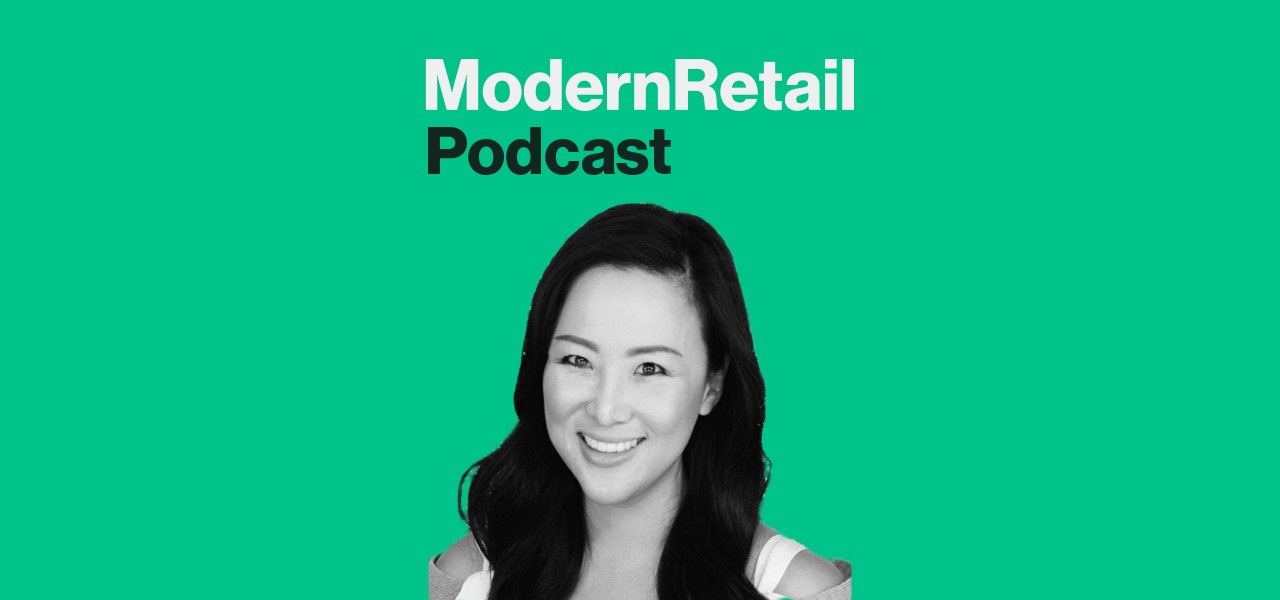‘It’s definitely table stakes now’: CEO Susan Kim on how Kopari was at the forefront of the clean beauty trend

Subscribe: Apple Podcasts • Spotify
Every beauty startup these days describes itself as a clean beauty brand, but skin-care brand Kopari was ahead of the curve.
“It’s definitely table stakes now,” said CEO Susan Kim.
But, it wasn’t always that way. “The way I think about clean is that back in 2015, it was a differentiator,” Kim said. And that’s what helped Kopari — which makes products including cleansers, moisturizers, sunscreen and deodorant — grow into the profitable brand it is today, with revenue growing 45% in 2023.
Kim joined this week’s Modern Retail Podcast and spoke about the company’s rise, as well as how the company has evolved since she took on the role of CEO in 2020.
Before she joined the brand, she said, “I remember thinking: I have to keep tabs on this brand.”
Cut to today and Kopari has launched into new areas like sunscreen, and has diversified its marketing to keep customer acquisition costs low. The company invests in performance media, earned media as well as other higher-funnel brand campaigns. “It’s the harmony of all of those elements [coming] together that makes for a very efficient CAC,” she said.
Ad position: web_incontent_pos1
Another important differentiator for Kopari has been speaking directly to its customers. The company has a Slack channel, for example, where it frequently talks with its people who use the products every day. “That’s instantaneous feedback that’s consumer-centric,” she said.
But beyond the feedback, Kim said these types of initiatives help the brand seem more human. “It allows us to have a community,” she said. “That’s really what it’s about.”
Here are a few highlights from the conversation, which have been lightly edited for clarity.
Clean beauty is now table stakes
“The way I think about clean is that back in 2015, it was a differentiator. It was one of those things where if you were clean, you were differentiated from the rest of the competition. 10 years later, it’s not the same differentiator, because everybody is clean. So this constant movement of understanding what the differentiator is for your brand is an exercise that we go through constantly. So for us, our DNA is: Yeah, we happen to be clean, but we are so much more than that. Our pillars of our DNA is that we are reminding you of paradise and whisking you on a permanent vacation; we [have] luxurious and efficacious formulas that give you that spa-like feeling. And we are a face, body, skin and sun care brands. So this ability to traverse different categories is very unique to us.”
Kopari’s media mix
“We do a mix… when it comes to paid and earned. We do brand media, we do performance media and we do earned tactics — the earned media piece of it on social. And it’s the harmony of all of those elements [coming] together that makes for a very efficient CAC for us. Because it’s not just about, like, here’s a product on social go get it… It’s more about: are your friends talking about it? Are the reviews great? Are the influencers talking about it? Is it something that you’re going to want to try out in-store? So the marriage of all of that — and the reconciling of all of that — happens to then result in really efficient CACs for us.”
Ad position: web_incontent_pos2
Using Slack to foster community
“[Our Slack group] is incredibly important to us, because what we’re able to do is get instantaneous feedback. And obviously, they’re going to be supportive because they are our most active customers, I would say — they’re our VIPs. But they get early reads on product, they get early launches so that we could get instant feedback. Sometimes I asked them questions about, like, what do you care more about in terms of a product benefit? And that’s instantaneous feedback that’s consumer-centric, which is super important to us from a cultural standpoint within Kopari. But it allows us to have a community. That’s really what it’s about.”

